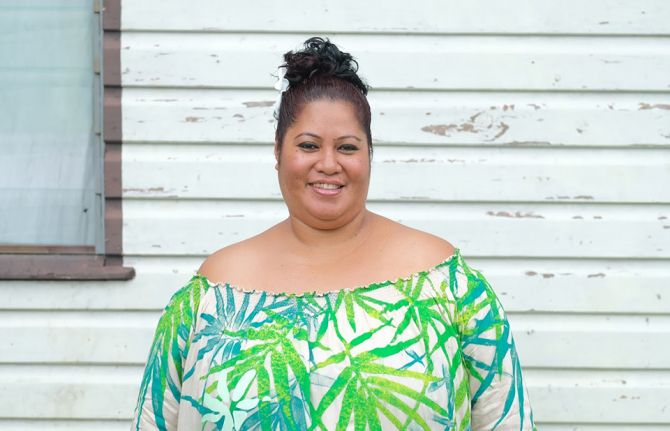

Feature Story
Fear of the unknown
12 August 2019
12 August 2019 12 August 2019When her husband came home with a positive HIV test, Jokapeci Tuberi Cati decided that she wanted to get tested too.
“Fear of the unknown, of the stigma associated with HIV and of rejection were all going through my mind before the test,” she said.
Once she got tested in Lami, Fiji, she sighed and said to herself, “done and dusted.”
But she had a nagging thought that her test would be positive and she started thinking about a coping mechanism. She kept playing over and over the same scenario, with one question: how will she live from this point onward?
“In fact, little happened in reality,” Ms Cati said. She recounted that an experienced doctor treated her with the utmost care when he informed her of her HIV-positive status.
She returned home and decided that she and her husband would bear the diagnosis together as a couple. No one needed to know anything.
With time, Ms Cati learned to cope with her new status and vowed to accept her new life. She now wanted to help people to understand the issue so that they would not go through the same experience.
But first she had to let people know.
“The moment I decided to disclose my HIV status to my family and friends, there was a different magnitude of support,” she said. Thinking back to 20 years ago, she still cannot forget how people reacted with such warmth.
That emboldened her to become much more proactive and share her story with a greater number of throughout the country. She is now a programme manager at the Fiji Network for People Living with HIV. Despite losing her husband, Ms Cati is thankful she found out about her status, because with medication she did not transmit HIV to her children.
“Better to know than not know—the benefits are huge,” she said.



